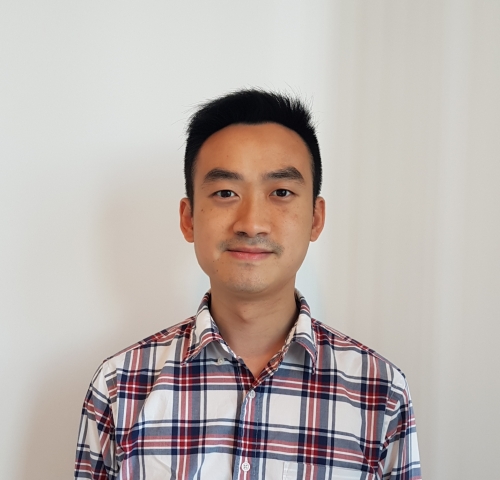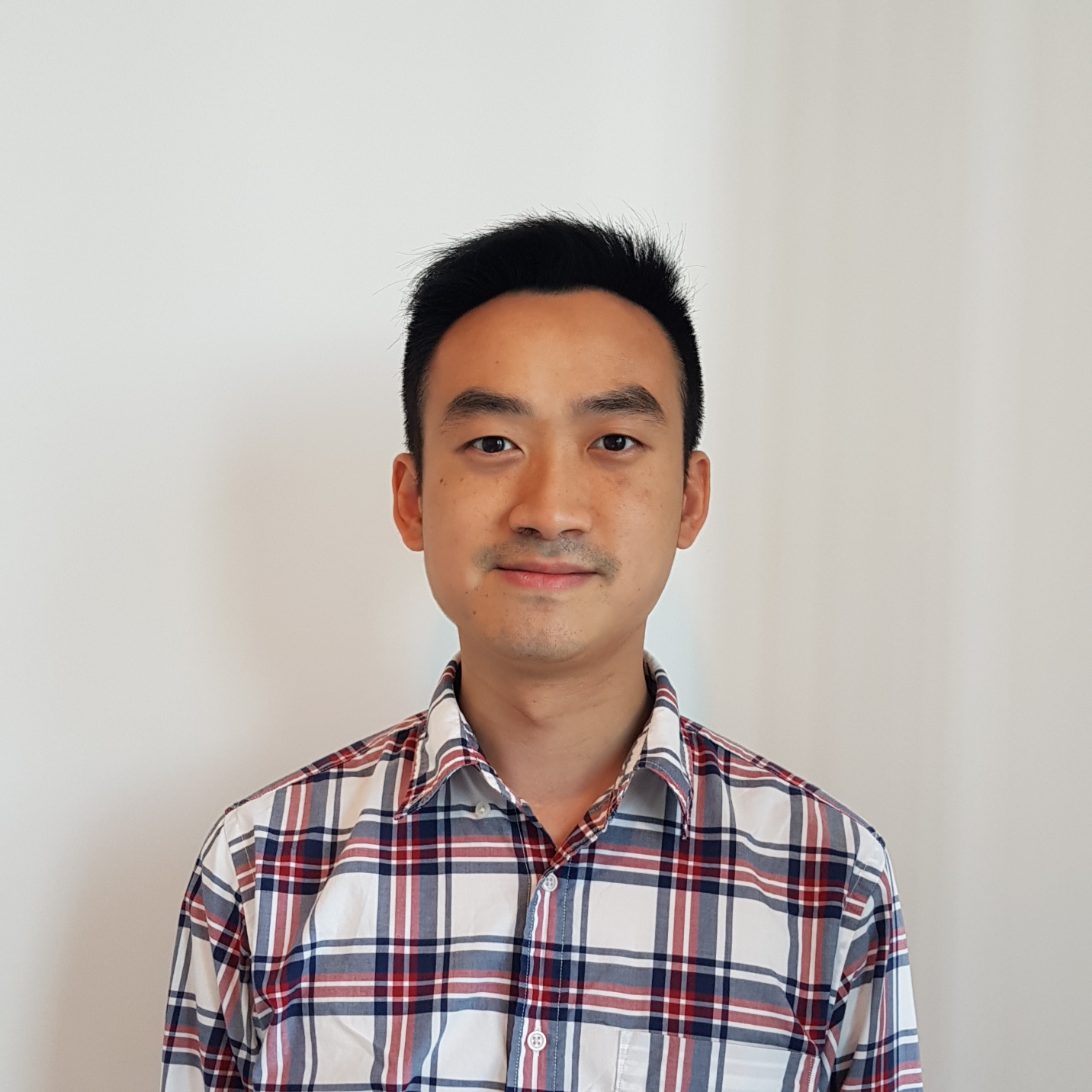
Jonathan Mui
University of Sydney
Jonathan was born in Hong Kong and grew up in Sydney. He was previously training to be a professional violinist and holds an Honours in Music Performance from the Sydney Conservatorium of Music. Jonathan has performed solo, chamber music and orchestral concerts extensively in Sydney, as well as in such diverse locations as Wellington, Berlin, Oslo, and Rio de Janeiro. Due to the onset of focal dystonia of left hand, Jonathan discontinued his performance career and took up mathematics at the University of Sydney. He is currently completing his PhD under supervision of Daniel Daners. Jonathan’s main areas of interest are partial differential equations, spectral theory of operators, and stochastic differential equations. As a mathematician, he has been an invited speaker at seminars in Wuppertal, Dresden, and Wollongong. Last year, he was also selected to participate in the ISEM25 workshop in Italy, as well as an MSRI Graduate Summer School in Hawai’i.
Can you give me a quick rundown about the type of mathematics you are studying and its potential impacts for the broader community?
Partial differential equations (PDE) are ubiquitous in the natural sciences, engineering, economics and finance. Such equations are as numerous and diverse as the natural and social phenomena that they model, and even restricting to a specific type of PDE, there are many different approaches to the analysis. In my work, we take the abstract point of view that solutions to PDE can be understood by studying the structure of function spaces and transformations — called operators — on these spaces. These methods typically do not focus on solving specific equations; the goal is rather to develop theory that uncovers underlying structures that are shared by seemingly different PDE, and to identify common features for certain classes of PDE. Perhaps the best example of functional analysis ‘in action’ is found in finite element methods. These are powerful computational methods for simulating PDE solutions and are industry standard worldwide. The mathematical foundations are built on the abstract theory of Sobolev spaces and variational calculus!
How did you get into mathematics/statistics/data science? Was there someone or something that inspired you to this field?
I had always enjoyed math in high school, which led me to start a Bachelor of Science, after my decision to turn away from a career in music. However, I didn’t seriously consider research in math until my third year at USyd. For me, the inspiration didn’t occur suddenly, it was a rather slow process of discovery. It definitely helped that I had great lecturers throughout my undergraduate degree. Regarding PDE specifically, I can do no better than to offer a quote from Joseph Fourier’s treatise on the heat equation: “[mathematical analysis] brings together the most diverse phenomena, and uncovers the hidden analogies which unite them.”
You received a Travel Grant to attend AMSI Summer School 2023. How important was this in terms of your ability to attend, fully participate in the program and meet others studying in similar fields?
I thought that it was very important to travel to Melbourne to attend classes and work with colleagues in person. While online collaboration is very practical and flexible, it never feels quite the same as working in person, which is always livelier, and in my opinion ultimately more productive and inspiring. If I had studied remotely, it would have been more challenging to interact with the lecturers, and especially to organize informal study sessions with colleagues.
What was the most valuable part of the program for you?
The most valuable aspect of the summer school is the opportunity to meet and interact with fellow students with similar (or different!) mathematical interests. There is also an additional feeling of excitement by being away from your usual learning environment at your home university. I have also found that very often, mathematical insights come from casual discussions outside of the lecture hall. An excursion to a museum or lunch at a café allows ideas to flow in a relaxed way, and can be just as useful (but in a different way) as an hour or two of serious study.
In the long-term, what do you think are the benefits of having attended Summer School?
I think the AMSI summer schools are a great way to explore other mathematical interests, or to go deeper into your research area, depending on the available subjects. Perhaps the most important long-term benefit is that it is also a good way to expand your mathematical network — the people you meet could likely be future collaborators in research or colleagues in industry.
Summer School included a special Careers Day program which aims to help give students an idea of the kinds of career paths available to maths graduates in industry and private sector research areas. Were you previously aware of the types of industry opportunities available to mathematical science graduates?
Prior to attending the summer school, I was somewhat aware of the types of industry positions available for graduates with mathematical training. However, it was very useful to be able to talk directly to industry representatives and to ask more specific questions. I am now more informed about the op[1]opportunities outside of academia and working in industry is definitely on my mind as a career option.
What advice would you give to someone who is considering applying for Summer School in 2024? Should they apply and why?
I recommend the AMSI Summer School to all honours, masters and PhD students wanting to broaden or deepen their mathematical knowledge, to take subjects not usually available at their home institution, and to meet and work with fellow students in the mathematical sciences. I advise students to engage as much as possible with the course material, attend tutorials if available, discuss assignments with colleagues even if they are not taking a subject for credit, and attend the social events of course!
Where do you want the mathematical sciences to take you? Where do you see yourself in five, ten years’ time?
I am keen to continue teaching and research in mathematics. The field of PDE analysis is extraordinarily diverse, and there is much more that I would like to learn.

